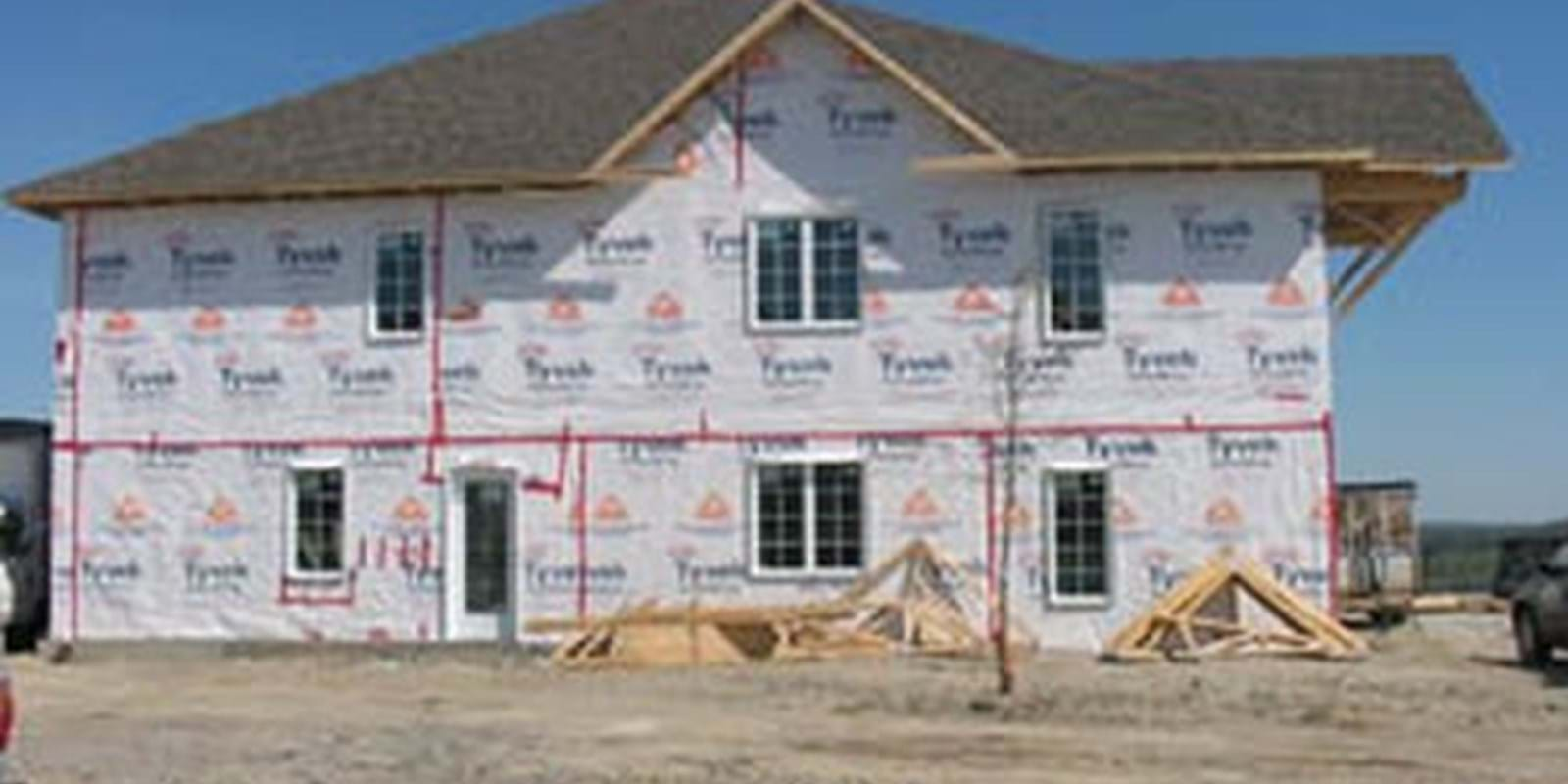New housing starts in the urban centres of 10.000 inhabitants and more decreased in July of 2009 if one compares the results with the same period in 2008. 3.080 foundations have been lead in July 2009 whereas last year, for the same period, one had recorded 3.348 new housing starts. The figures were provided by the Canadian Mortgage and Housing Corporation (SCHL) based upon the results from its monthly survey.
In the Census Metropolitan Areas (CMAs), that is to say 100.000 inhabitants and more, new housing starts have remained more stable for the same period (2 584 new housing starts in July of 2009, compared to 2.582 in 2008).
The building of individual homes has still lost out, with a reduction of 26% for the periods compared (July 2009 compared to July 2008), whereas four of the six CMAs recorded losses. The most notable decreases were noticed in the regions of Saguenay and Sherbrooke (- 39% in both cases) and the region of Quebec has known a fall of - 26%. On the other hand, it is Trois-Rivières which made the average to rise, with 47% more housing starts, always for the same months compared.
A small rise of 8% has been noticed for construction of collective housing which includes semi-detached or row-houses and apartments. The activity in this segment has been good in the majority of the large urban centres except for Montreal which recorded losses of 18% on this level, for the months compared (July 2009 with July 2008).
Which made Bertrand Recher, principal market analyst of the CMHC for Quebec, say: “The progression noticed in the construction of collective housing reveals the interest of the buyers for these more accessible dwellings. This dynamism is observed as much in the segment of the semi-detached or row-houses as in the one of the apartments in joint-ownership”.
Lastly, for the first seven months of the year, the new housing starts for all types of construction have decreased by 20% compared to the same period in 2008, and this, for the urban centres of 10.000 inhabitants and more. A reduction of 25% was noticed for individual homes and of 17% in the case of collective housing.

